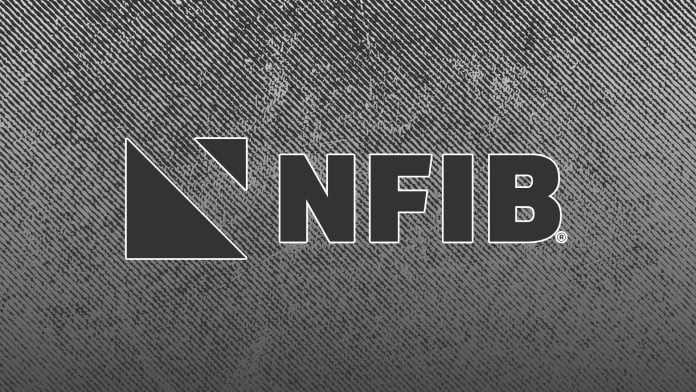In a notable criminal case that underscores the importance of integrity in business practices, Terrance Bradford, a 46-year-old Tampa resident, has pleaded guilty to eight counts of wire fraud involving COVID relief funds. This development has implications for small business owners, particularly those who relied on the assistance of the Economic Injury Disaster Loan (EIDL) and Paycheck Protection Program (PPP) established under the Coronavirus Aid, Relief, and Economic Security (CARES) Act.
The U.S. Attorney’s Office revealed that Bradford submitted multiple fraudulent loan applications, grossly misrepresenting his financial status to gain access to over half a million dollars in federal assistance. At the time of his applications, he was previously barred from receiving federal contracts and one of his businesses had already declared bankruptcy. If Bradford had been truthful in his disclosures, he would not have qualified for the funding he sought.
Bradford now faces the potential of up to 20 years in federal prison for each count, with total forfeitures amounting to $533,648.32 from his fraudulent activities. This case, prosecuted by Assistant United States Attorney Merrilyn Hoenemeyer, was pursued by the Federal Bureau of Investigation alongside the Small Business Administration’s Office of Inspector General.
The repercussions of this case extend beyond Bradford. Small business owners must recognize the importance of adhering to ethical practices when applying for government aid. The CARES Act was designed to offer crucial financial support during the pandemic, and the consequences of fraudulent claims harm the integrity of these programs.
Key takeaways for small business owners include a reaffirmation of the need for transparent business practices. The federal government has been vigilant in investigating instances of fraud during the pandemic, and any misrepresentation can lead to severe penalties, including criminal charges and financial restitution. As the DOJ encourages reporting of any fraudulent activity through the National Center for Disaster Fraud hotline, small businesses should be aware that ethical operations are not just a best practice but a necessary business strategy.
While government relief programs have provided vital assistance to numerous small enterprises, they also require diligence in compliance to ensure that aid reaches those genuinely in need. The scrutiny surrounding loan applications is increasing, and this serves as a timely reminder for all entrepreneurs to be transparent and truthful in their dealings.
As this case illustrates, the path to securing financial support during challenging times should be navigated with prudence. Reckless actions not only jeopardize individual business owners but also deter government agencies from providing necessary assistance in the future.
Moreover, small business owners need to prepare for potential audits and increased scrutiny from lenders and government agencies. Familiarizing yourself with the application processes, understanding what information is required, and maintaining accurate records will be vital moving forward.
As Bradford’s case unfolds, it serves as a cautionary tale within the small business community. Upholding integrity is essential, and understanding the legal framework around government aid can prevent devastating consequences.
For further insights on this case and other investigative efforts, interested parties can visit the original press release from the U.S. Department of Justice here.
Image Via BizSugar



